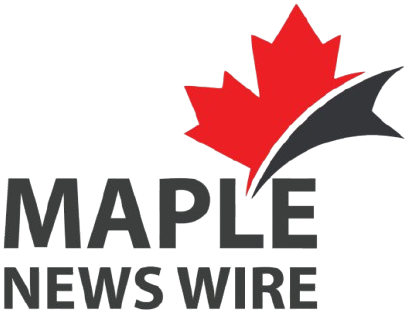Economic uncertainty and high inventory may push Metro Vancouver housing prices down, despite low interest rates, experts caution.
Home Prices in Metro Vancouver May Dip Amid Buyer Caution
Spring Market Fails to Take Off
Despite the arrival of spring—traditionally a booming season for real estate—home sales in Metro Vancouver have underperformed, with experts blaming political and economic instability for the lukewarm activity.
“Sales did rise, but nowhere near what’s typical for this time of year,” said Ryan Berlin, lead economist at real estate firm Rennie. He noted that sales in April 2025 were only 34% higher than in January, far below the 79% decade-long average increase for the same period.
Economic Jitters Stall Buyer Confidence
With tensions mounting around U.S. trade policies under President Donald Trump and uncertainty ahead of Canada’s federal election, buyers are holding back. Experts say even low interest rates haven’t been enough to drive up demand.
“The economic climate is shaky. People are hesitant,” said Berlin. The result? Listings are piling up.
According to Rennie data, available housing inventory in Metro Vancouver has reached a seven-year high—approximately 16,000 pre-sale and new homes, alongside 24,000 resale properties.
Investor Activity Plummets
Realtor and market analyst Steve Saretsky pointed out that investor interest has dropped dramatically. Once key drivers of the pre-sale market, investors are now backing away due to bleak price and rent forecasts.
“Unsold inventory is clogging developer books,” said Saretsky. “The investor base has disappeared. The math just doesn’t work anymore.”
Many who already own investment properties are reportedly looking to exit, pressured by stagnant rents, rising holding costs, and minimal short-term returns.
Developers May Lower Prices to Move Units
While overall prices have remained stable due to what economists call “downward stickiness,” experts agree that developers may begin trimming prices on new builds in order to recoup capital and reinvest in future projects.
“If you’re stuck with unsold homes, you can’t free up the cash needed to keep building,” said Berlin.
Sellers in the resale market are feeling similar pressure. With homes lingering on the market for months, competitive pricing may become the only way to stand out.
A Buyer’s Market—With Room to Negotiate
Industry body Greater Vancouver Realtors has declared this season a “buyer’s market,” citing abundant supply and buyer leverage.
Tom Davidoff, an associate professor at UBC’s Sauder School of Business, advised prospective buyers to consider aggressive offers.
“Why not offer 10–15% below asking?” Davidoff suggested. “If you’re not in a rush, it could pay off.”
What’s Next for the Market?
For now, prices have largely plateaued, but signs point to potential dips if high inventory persists and consumer uncertainty lingers.
Berlin believes clarity around Canada’s economic direction and U.S. trade relations is critical.
“Until there’s a clear economic path forward, buyers will remain on the sidelines,” he said.




